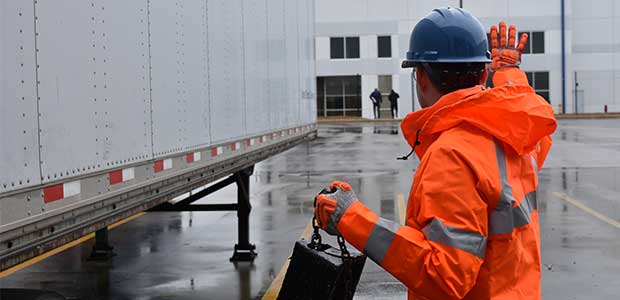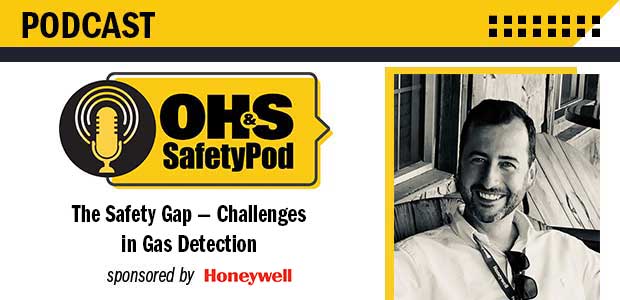
Spring is just around the corner, so it’s time to prepare with the proper protective gear for the season.

Innovations in technology have led to the industry shift from hard hats to helmets.
Workplace safety and health is a much discussed topic. What are employers doing about it?

The CDC is trying to make it easier for Americans to find available doses of the Coronavirus vaccine.

Properly protecting workers’ hearing goes beyond simple hearing protection devices.

Episode 56
In this episode of the podcast, Editor Sydny Shepard talks with Honeywell Offering Manager Lead Richard Dunn about the "safety gap" he and his team found when surveying customer needs for gas detection.

The FDA has officially cleared the way for a third Coronavirus vaccine in the U.S.
Yorlanda Fisher, President of Warriors 4 Safety, writes about the divide found amongst safety professionals when it comes to training versus education.

How can you hold effective toolbox talks to ensure your team is safer on the job?
A new survey finds that employers believe “impairment” at work means more than the results of substances.